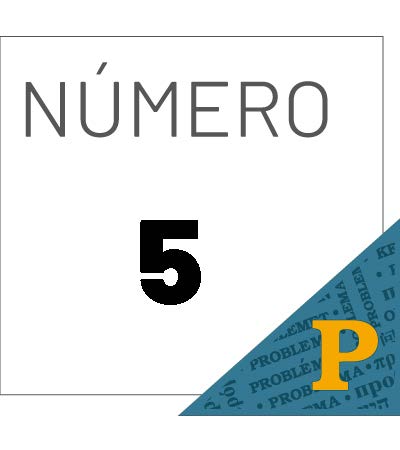Hartian Positivism as a (Plausible) Error Theory
Critics of Hartian legal positivism have characterized it as an error theory about judicial discourse —more precisely, about judicial argument in contexts of disagreement about proper interpretive methodology—. The critics have also suggested that Hartian positivism, like error theories in other areas of philosophy, is to be presumed false. The purpose of this paper is to give a precise account of the nature and extent of the error assigned to judges by Hartian positivists. It will be argued that Hartian positivism, even if it can be understood as a form of error theory, should not be likened to, say, error theories in metaethics, where the relevant error is pervasive and mysteriously enduring.
Resumen:
Los críticos del positivismo jurídico hartiano han caracterizado este enfoque como una teoría del error sobre el discurso judicial —concretamente sobre la argumentación judicial en el contexto de desacuerdos relacionados con una metodología de interpretación apropiada—. Los críticos también han sugerido que el positivismo hartiano, al igual que otras teorías del error en otros campos de la filosofía, ha de ser tomada por falsa. El propósito de este artículo es ofrecer una explicación más cuidadosa de la naturaleza y alcance del error que los positivistas hartianos atribuyen a los jueces. Se argumentará que el positivismo hartiano, aun cuando pudiera ser entendida como una forma de teoría del error, no debería ser relacionada con, por ejemplo, teorías del error en metaética, donde el error relevante es omnicomprensivo y misteriosamente permanente.
Article Details
Use of Creative Commons (CC) licences
All texts published by Problema. Anuario de Filosofía y Teoría del Derecho, without exception, are distributed under the CC-BY-NC-ND 4.0 International licence, which allows third parties to use what is published, as long as they mention the authorship of the work and the first publication in this Anuario.
Accessibility to articles and other publications in whole or in part under the concept of copying, distribution, public communication, interactive access (via the Internet or other means), while explicitly acknowledging the author(s) and the journal itself (acknowledgement of authorship).
Please note that if articles are remixed, modified or fragments are used in other creations, the modified material may not be distributed, nor may versions be reconstructed from the original published articles (derivative works).
The use of the contents of the published articles, in whole or in part, for profit-making purposes (non-commercial acknowledgement) is prohibited.


























